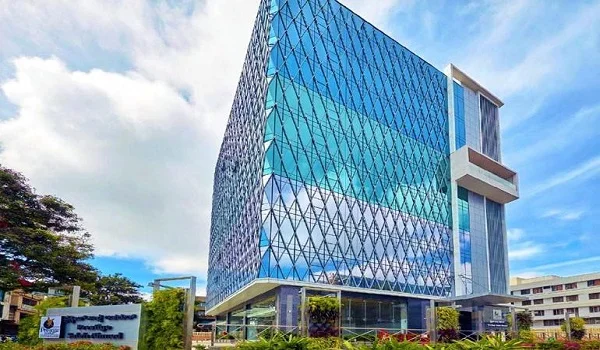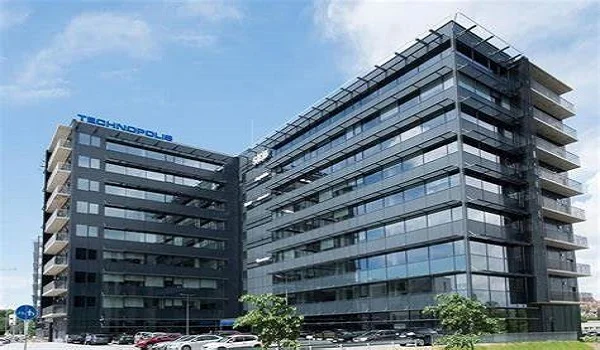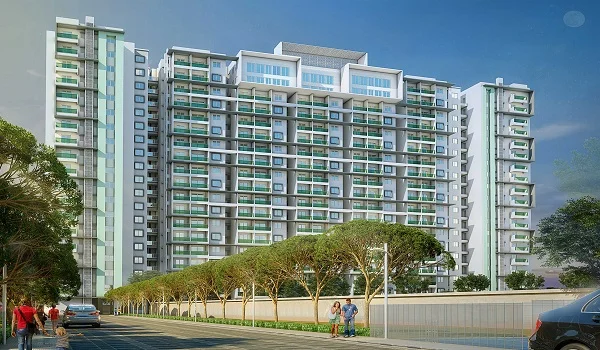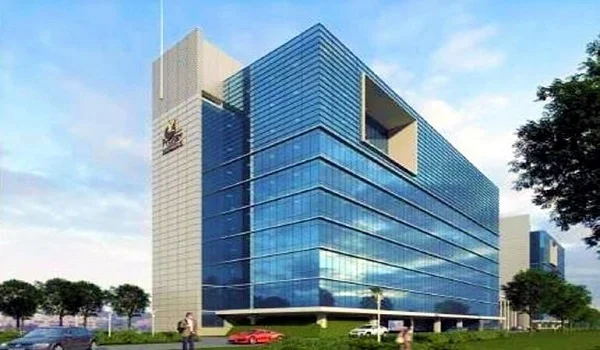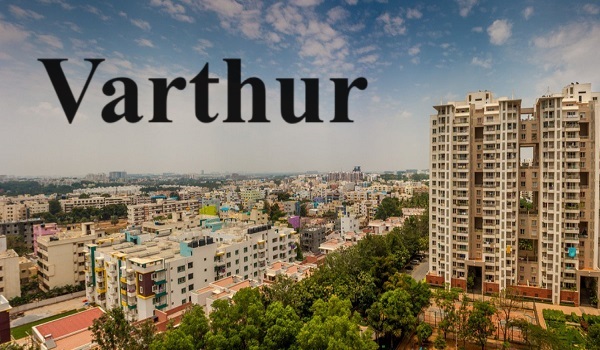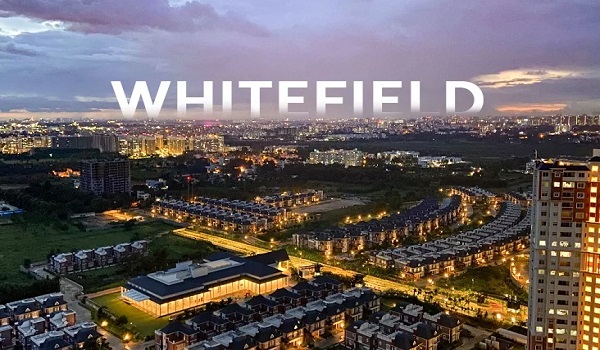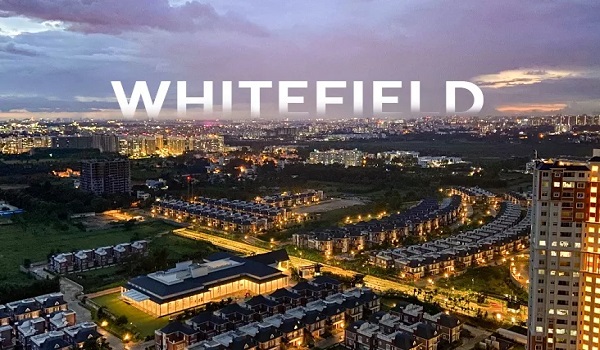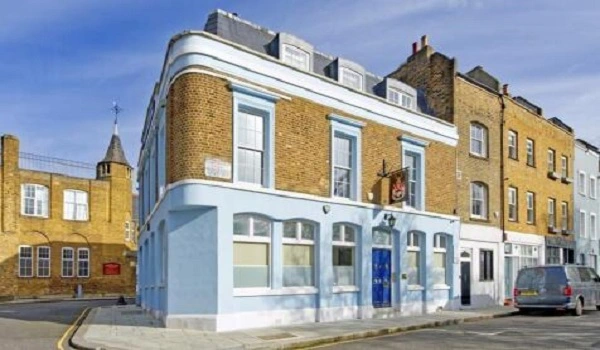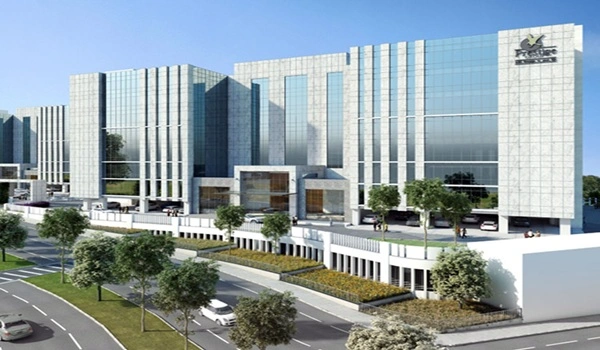Real Estate Trends in Bangalore 2025
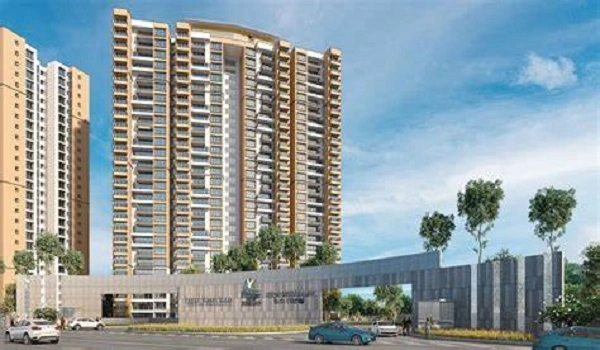
Bangalore's housing market in 2025 is running on strong job growth, steady office demand, and new metro links that keep the city's east and north in motion. Prices have climbed, buyer profiles have shifted toward premium homes, and rentals are tighter than they were a year ago. If you're tracking bangalore apartment price trend and bangalore property market trends, the big picture is clear: demand is healthy, supply is selective, and buyers are paying for location, connectivity, and brand credibility.
Quarter two showed the push and pull of higher prices and sticky demand. Bengaluru recorded about 15,100 home sales in Q2 2025, down 8% year-on-year, even as average prices rose around 12% versus last year. That combination signals resilient appetite with stretched affordability at certain ticket sizes.
Across the top cities, research firms still see moderate momentum, with Bengaluru remaining a top-three market by absorption and launches. Nationally, ~96,300 units sold in Q2 2025, up 3% quarter-on-quarter, keeping the cycle stable despite a softer year-on-year base.
One structural shift stands out. Nearly half of all homes sold pan-India in H1 2025 were priced above ₹1 crore, a trend that's visible in Bengaluru's better-connected corridors. The affordable segment has thinned out, with Bengaluru clocking only ~1,583 units ≤₹50 lakh in H1 2025, far lower than pre-2018 levels. This explains why buyers are focusing on mid to premium budgets and why developers are leaning into branded, township-style launches.
Bengaluru's housing cycles often echo the office market. 2025 has been busy: India's Q2 office leasing hit a record ~20 mn sq ft, and Bengaluru led with ~7.5 mn sq ft in Q2, as tech and GCCs regained share. That kind of absorption supports end-user demand in key micro-markets and underpins rents.
On the residential side, prime values and rents in Bengaluru rose again in Q2, with high-end capital values up ~2.8% quarter-on-quarter as developers passed on higher land and construction costs.
Rents are moving up faster than general inflation in most big cities, and Bengaluru is no exception. A March 2025 expert poll projected home prices up ~6.5% this year and urban rents up 7–10%, which matches what tenants are feeling near tech corridors. For investors comparing yields, this is one reason ready-to-move stock near metro lines is tight.
Financing costs set the tone for affordability. After rate cuts earlier this year, the RBI held the repo at 5.5% on August 6, 2025, keeping borrowing conditions stable into the festive quarter. Banks continue to price home loans around that benchmark.
On transaction costs, Karnataka is considering a 1% stamp duty hike to plug a revenue gap. If implemented, the all-in cost (duty, registration, surcharges) could rise from about 6.6% to ~7.6% for buyers. Track this policy through the year; it can influence near-term purchase timing.
Connectivity upgrades continue to shape current real estate market trends. In August, the Hebbal flyover loop opened and early police data showed 25–31% lower congestion on specific days, improving airport-corridor commutes that matter to North Bangalore housing picks.
Public transit also moved. Namma Metro's Yellow Line launched on August 10, 2025, adding 19 km from RV Road to Bommasandra, strengthening south-east links and interchange capacity at Jayadeva. These network gains help shrink travel time penalties that often drive buyers to rent instead of buy.
On the logistics side, Welspun One added ~56 acres in Devanahalli for a premium warehousing park near Airport City/MMLP, signaling confidence in North Bangalore's industrial-residential ecosystem and supporting job growth around the airport belt.
- East Bangalore (Whitefield–Varthur–ORR): Strong tech employment and full Purple Line operations keep this belt liquid. Resale and ready stock close to metro stations hold firm, while early-stage launches focus on 2 and 3-BHKs in the ₹1–2.5 crore bracket. Demand continues to outpace supply in many nodes, pushing prices up.
- North Bangalore (Hebbal–Yelahanka–Devanahalli): Airport access, new ramps at Hebbal, and warehousing/industrial expansion support end-user and investor demand. Larger 3-BHKs and villa plots see steady inquiries.
- South & West: The Yellow Line launch lifts targeted pockets in the south-east. West stays end-user heavy with steady upgrades and fewer investor flips.
City averages hide big gaps by micro-market. Live dashboards show locality-wise rates and Q2 2025 momentum, but three patterns are consistent: tight supply of good-quality ready homes, premium budgets taking share, and persistent preference for brands with execution history. For rate checks, use current PropIndex charts and locality pages for Apr–Jun 2025 to compare ₹/sq ft bands before shortlisting.
- Ticket sizes have drifted up. Upgraders aim for an extra room for WFH, pushing budgets into the ₹1–2 crore band. Mid-income buyers weigh commute savings from metro proximity against higher EMIs.
- End-use over speculation. Short-term flips are rare; most purchases are primary homes or long holds.
- Brand and township pull. With construction costs elevated, many buyers prefer integrated townships for predictability on handover, amenities, and maintenance.
In East Bangalore's Varthur–Whitefield corridor, large township phases continue to attract interest. Prestige Evergreen (Phase 2 of the Raintree Park township) plans ~2,000 apartments across 10 towers on ~28 acres, with 1, 2, and 3-BHK options and an entry price from about ₹1 crore. The location opposite Varthur Lake, access to SH-35, and the Whitefield (Kadugodi) Metro nearby support the live-work equation that buyers want today. For many tracking bangalore real estate rates, such township launches set practical benchmarks for mid-to-premium budgets in the east. (Project details as shared by the developer; verify final specs on RERA at booking.)
- Affordability bands: With prices up and the repo steady, EMI load is the main friction for first-time buyers. Consider a slightly smaller configuration near transit rather than a larger home in a weak location.
- Possible duty change: A 1% stamp duty hike would nudge all-in closing costs higher. Time your agreement and registration accordingly.
- Construction timelines: Pick builders with on-ground progress and clean approvals. Premium demand hasn't removed execution risk.
Given robust office leasing, steady repo at 5.5%, and ongoing metro and road upgrades, Bengaluru should stay on a measured growth path in 2025. Expect real estate growth rate in Bangalore to be led by job hubs, metro-served corridors, and branded township supply, with price gains moderating from 2024's sharp rise but still positive in well-connected pockets. For buyers, the strategy is simple: prioritize commute savings and builder track record over chasing the cheapest per-sq-ft.
- Compare bangalore apartment price trend by micro-market, not city average.
- Map metro access and travel times during peak hours.
- Stress-test EMIs at +50 bps to be safe on rate cycles.
- Verify approvals and construction milestones before paying a premium.
When comparing bangalore real estate rates, include stamp duty, registration, GST (where applicable), and club/maintenance deposits.
Prestige Group pre launch new project is Prestige Evergreen
Prestige Evergreen Blog
| Enquiry |
